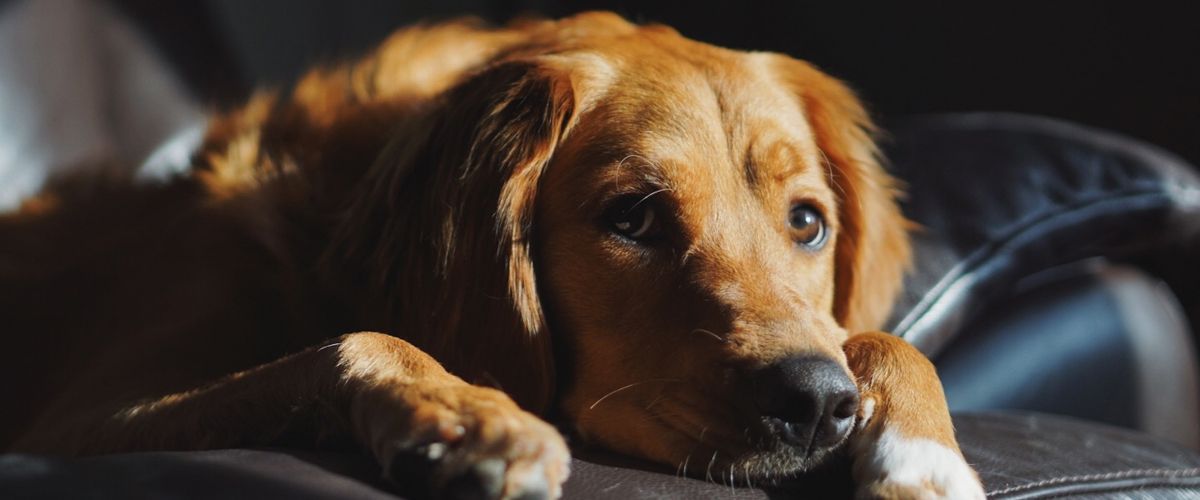Senior Pets and Noise Aversion
As pets age, they often become more sensitive to loud or unfamiliar sounds. Senior pets and noise aversion is a common issue that can develop gradually over time. Fireworks, thunderstorms, construction noises, or even household appliances can trigger anxiety or fear responses in older pets. Understanding the causes and taking proactive steps can make a big difference in your senior pet’s comfort and well-being.
Aging pets may experience hearing loss, cognitive decline, or changes in their sensory perception—all of which can heighten their reaction to noise. Dogs and cats that once ignored certain sounds might now become restless, pant, hide, or tremble during loud events. Recognizing these signs early is essential to managing noise aversion effectively.
To help your senior pet, create a calm, safe space where they can retreat during stressful situations. Use soft music or white noise to mask loud sounds, and keep their favorite blankets or toys nearby for reassurance. Some pets may benefit from anxiety wraps, pheromone diffusers, or veterinarian-prescribed calming supplements. Maintaining a predictable routine and offering gentle reassurance can also help them feel secure.
With patience, understanding, and the right support, you can significantly reduce your senior pet’s stress and improve their quality of life during noisy situations. Consulting your veterinarian is always recommended to rule out medical causes and find the best approach for your pet’s needs.







